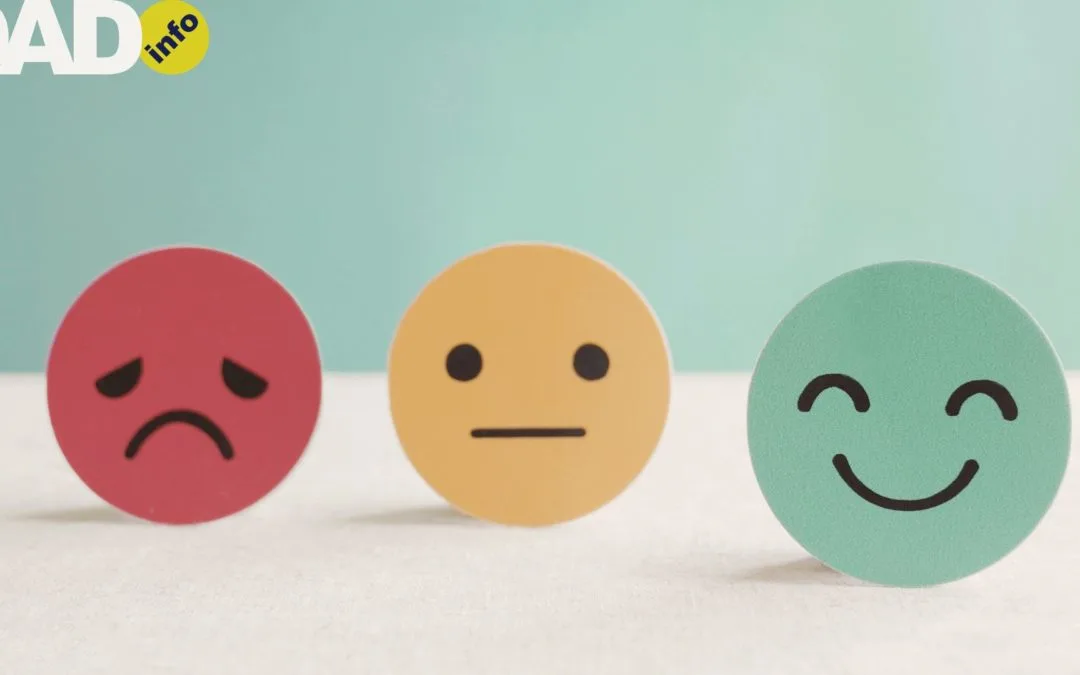Becoming a father can be difficult to cope with and some men feel they have nowhere to turn for support. Dad Info looks at post-natal depression in fathers
According to the research, about 1 in 3 new fathers show concern for their mental health after the birth of their child.
Postnatal depression is essentially another form of clinical depression, brought on by having a new baby.
How it can affect you
Postnatal depression in men is more common among those who have been diagnosed with depression before, or whose partners are also suffering from postnatal depression. And it’s more common in first-time fathers.
Having a new baby is a huge change, involving physical exhaustion and extra worries. It can be particularly difficult to balance the demands of work and fatherhood, especially as you might feel under pressure to earn more while your partner is not able to work.
- For both of you, the focus of attention will have shifted and this can feel like a loss as well as a gain.
- Sufferers report feeling overwhelmed, isolated and confused by their feelings and their partner’s reaction to them.
- Dads who are depressed are less likely to read, play with and tell stories to their babies – all key ingredients of a happy, enriching relationship.
- They are more likely to be irritable, aggressive and sometimes hostile.
- The symptoms can include feeling very low – for example, not enjoying anything, poor concentration, perhaps a poor appetite and worrying at night.
- Fathers may see the future in a rather bleak way and feel that things are unlikely to get better.
Post-Natal Depression: Dads continued…
Post-natal depression: dads – What you can do
Drinking, smoking or drug-taking? Where to get help to stop
This article was last updated on 22.9.2017








